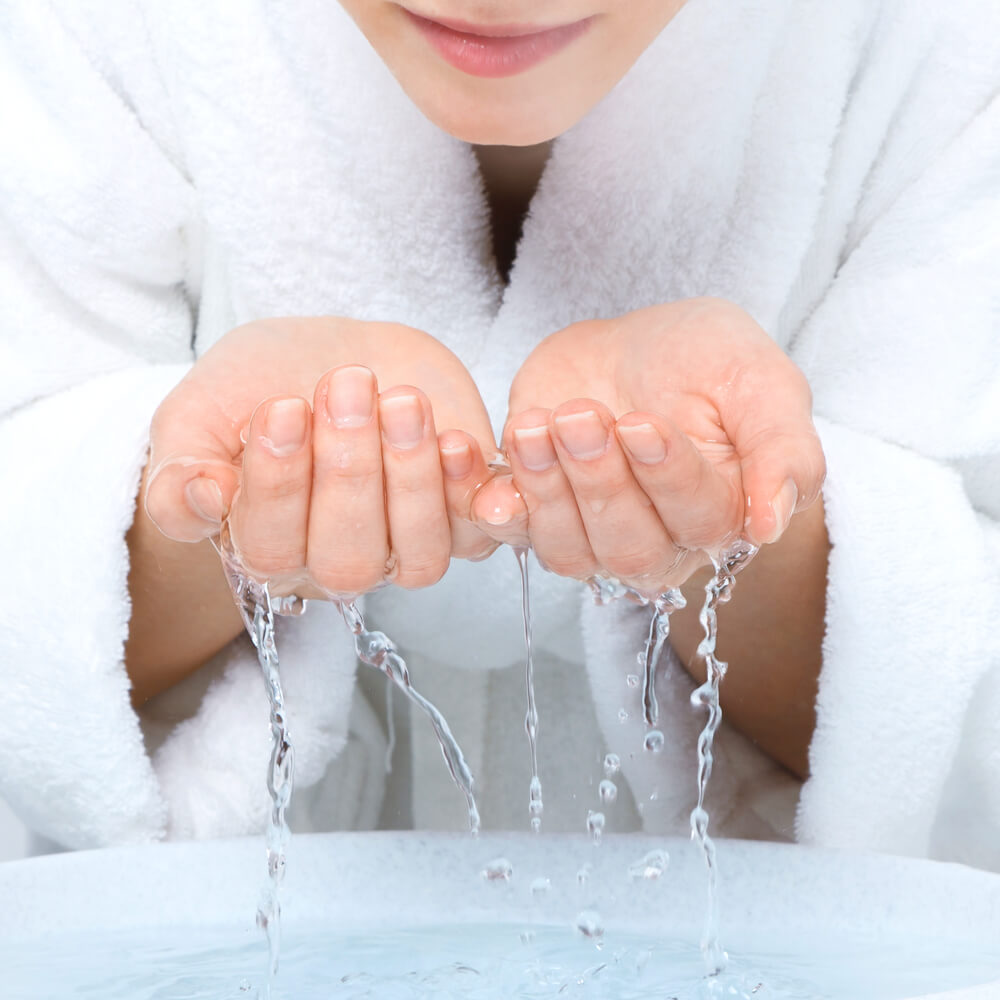If you have hard water, you are familiar with the issues it can cause. It causes problems from crusting on your tub to the effect on your hair. Hard water can also be difficult for your house plants.
What Hard Water Does to House Plants
In addition to creating an unsightly white crust on soil and pots, hard water can damage your plants. They can cause a buildup of salt in the soil, which then prevents your plants from absorbing moisture properly. This can then cause your plants to fail to thrive. Symptoms include slow new growth, leaves that are yellow or have dry, brown edges, and even wilting.
Note that brown edges can also be caused by overwatering, under watering, or overly dry air. Consider getting your water tested to ensure that the water is causing the problem. This will also help you determine if the water has pH or chlorine issues that might be affecting your plants.
Can a Water Softener Help?
Unfortunately, while water softeners are great for all of the other issues caused by hard water, traditional water softeners are also not great for your plants. A traditional water softener replaces the magnesium and calcium with sodium, which results in too much salt for many plants.
Look for a sodium-free water softener system instead. If you do have a water softener, then you should filter the water before watering your plants. You can use a whole house water filter, tap filter, or even a filter pitcher, although this can be a pain. Use a reverse osmosis filter. Carbon filters will not help your plants, although they can be useful for other things. Make sure that you always use a filter so your plants are not exposed to high levels of sodium. This is a good idea for all plants anyway, as the chlorine used to treat water is also toxic to your plants.
Other Ways Around the Hard Water Problem
Given the various problems with tap water, some people prefer to water their plants with collected rainwater. Natural rainwater is always the best water to give to your plants unless you have high levels of pollution causing acid rain in your area. If this is not an option, there are a few other things you can do to make the water better for your plants:
- Let the water sit before watering. Fill your watering can right after you water the plants rather than right before. This lets the salts and chemicals settle out or evaporate. Don’t empty the can completely, but leave about an inch in the bottom, which you then pour down the drain before refilling.
- Water rarely and thoroughly rather than repeatedly and shallowly.
- If your water is alkaline, add vinegar to the water once a month to help rebalance the pH of the soil.
- Avoid over-fertilizing your plants, but consider using an acidic food that contains iron. Different plants have different pH preferences.
- When buying new plants, choose ones that are more tolerant of alkaline soil.
- Repot your plants every six months in fresh soil and dispose of the soil. You can use it on the compost heap (or give it to a neighbor who has one).
Learn More About Hard Water’s Effects on House Plants
However, the best way to protect your houseplants from hard water is to use a non-sodium water softener combined with proper filtration. These measures also help with the various other issues caused by hard water and result in higher quality drinking water for you, your houseplants, and your pets. To find out more about how to deal with hard water in a way that won’t harm your plants, contact Advanced Water Softening today.






